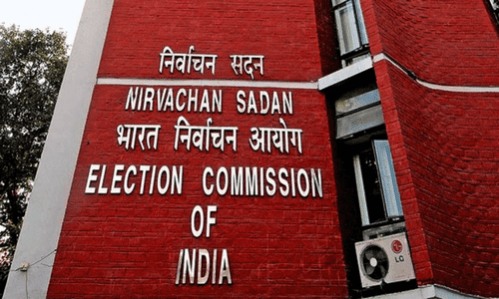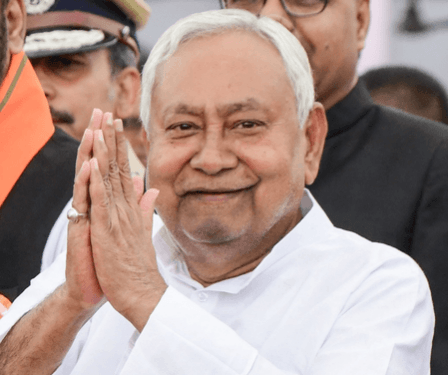
The Election Commission of India (ECI) has initiated a public consultation process regarding the Special Intensive Revision (SIR) of electoral rolls in Bihar, a move that has ignited significant political debate. This initiative has become a focal point of contention between the ruling and opposition parties in the state. The ECI's decision to seek public input comes amid accusations of voter fraud and electoral malpractice, with opposition parties alleging collusion between the ECI and the ruling Bharatiya Janata Party (BJP).
The ECI has crafted a set of five questions aimed at gathering public sentiment on the matter. These questions are designed to address key concerns about the integrity and accuracy of the electoral rolls. The questions include whether voter rolls should undergo extensive revision and scrutiny, whether the names of deceased individuals should be removed, whether voters registered elsewhere should be excluded, whether those who have settled in other states should be removed, and whether foreigners and "outside elements" should be denied voting rights.
The ECI's initiative is seen as an attempt to galvanize support for what some have termed a "voter purging" campaign. However, the poll panel has yet to issue any official communication regarding the survey. According to ECI sources, the survey is intended to be conducted unofficially among the electorate in the poll-bound state, with the aim of countering what the ECI perceives as a "targeted attack" by opposition parties.

The controversy surrounding the SIR has escalated to the point where the matter was brought before the Supreme Court. The court directed the ECI to ensure the inclusion of all eligible voters in the electoral rolls. This directive came in response to allegations that the ECI was engaging in voter fraud and electoral malpractice in collaboration with the ruling party.
The SIR process involved a voter identification drive conducted by thousands of Booth Level Officers (BLOs) in coordination with Booth Level Agents (BLAs) appointed by political parties. The campaign, which ran from June 25 to July 25, faced significant resistance on the ground. The situation intensified after the ECI published draft electoral rolls on August 1, leading to accusations from the Congress-led opposition that the ECI was manipulating the rolls to curtail their voter base. The opposition's "vote chori" (vote theft) charge gained traction, with claims that deceased voters were included in the list while genuine voters were denied their rights.
In response to these allegations, the ECI held a press conference to refute the opposition's claims and to criticize them for making "baseless and unfounded" accusations. The ECI's actions are seen as an effort to neutralize what it views as negative propaganda surrounding the voter verification drive.
















